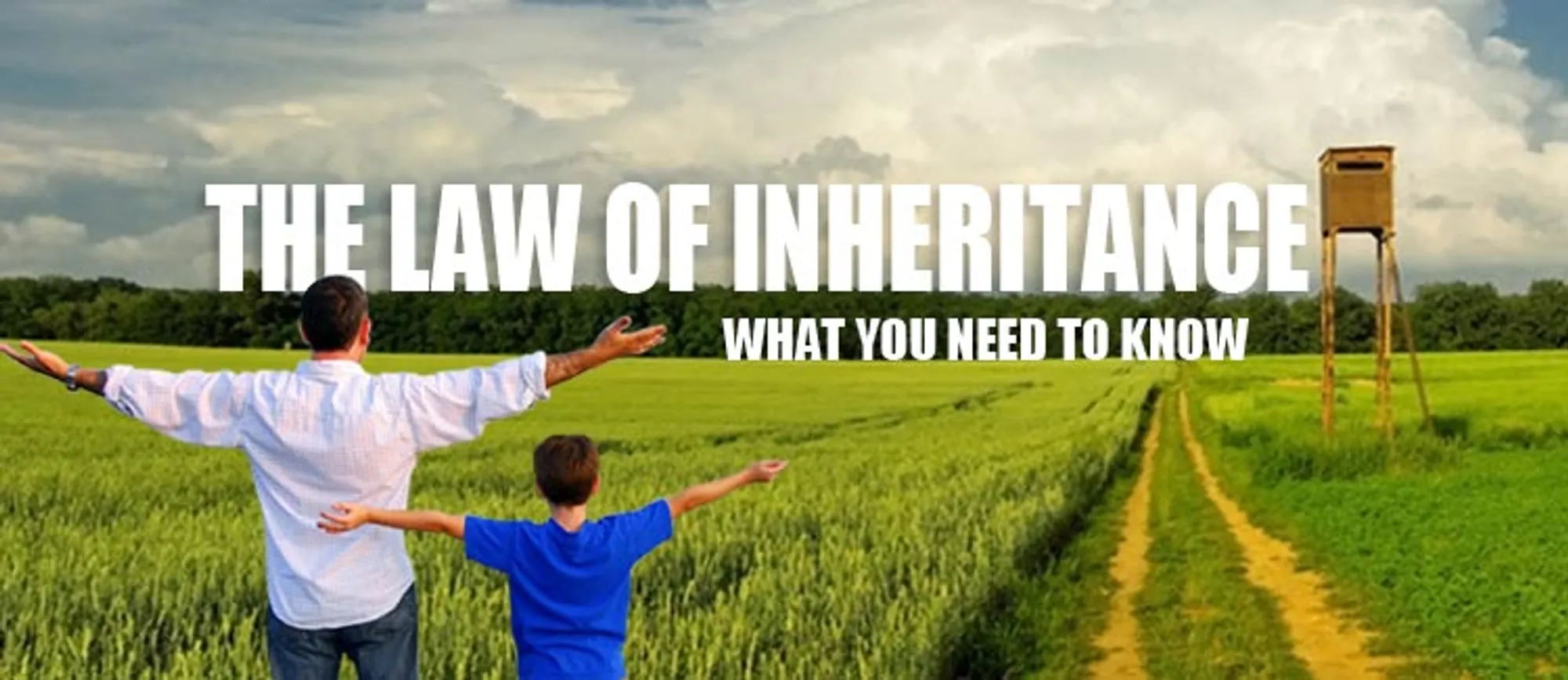What are the laws that apply to the inheritance of a Hindu, a Parsi, a Muslim, a Christian or Jew?
In cases where the Will document is present and states about the inheritance details clearly, there is no ambiguity. The Law of Inheritance becomes a major point of reference in situations when there is no Will. Rules of succession that will be implemented in the absence of the Will are:
- Hindus, Jains, Sikhs, and Buddhists – Hindu Succession Act, 1956.
- Parsis – Indian Succession Act, 1925 specifically under section 50 to 56 of the Act.
- Muslims – The Muslim Personal Law (Shariat) Application Act, 1937. Muslim law says that an individual might leave a Will; however, a Will, unless it has been ratified by all the heirs of the deceased is valid only for 1/3rd of the deceased’s property. As far as this validity is concerned, the Indian Will laws will apply.
- Christians or Jews – Indian Succession Act, 1925 specifically under section 31 to 49 of the Act.
For any just division of property and especially in the absence of a Will, the law of inheritance plays a crucial role since it becomes the base referral point for deciding about the way the property of a deceased will be inherited. In India there are laws for Hindus, Muslims, Christians and Parsis, although a general guideline also exists. There are guidelines for inherited versus self acquired property too. Moreover, post 2005, there has been a change in the way women are viewed from the point of view of inheritance.
What are the laws that apply to the inheritance of heirs from an inter-faith marriage?
Laws applicable in the absence of Will are – Special Marriage Act, 1954.
What rights do women have in the case of inheritance?
- Initially, the law gave preference to men in the event of the share of property inheritance and women were refused of their share.
- But after the amendment made in 2005, every daughter whether married or unmarried now is considered a part of father’s Hindu Undivided Family (HUF) and can also be appointed as ‘karta’ (manager) of the family.
- She now has equal rights, duties, liabilities, and disabilities that were limited to men earlier.
- The benefits of this change can only be availed if her father passed away after September 9, 2005, i.e. the daughter cannot ask for her share if the person died before 2005.
- If a woman is a widow, she can still claim a share in the property even if she has remarried.
Which properties can be inherited by the heirs?
The legal heir can inherit any property. Whether it is Self-acquired property or share in the ancestral property of the family an heir is entitled to inherit them.
Can someone be disqualified from inheriting the property?
An individual can be disqualified from inheriting the property if he/she has converted to another religion unless they convert back to Hinduism. Even if a person has murdered or helped to kill someone he will be disqualified from any inheritance.
What about children’s rights as per the law of inheritance?
The fetus that is still in the womb will be eligible to inherit a share only after it is born. Such a child will be treated as if it had been born before the relative leaving behind the property had died. Illegitimate children can only inherit self-acquired property and will have no share in the ancestral property left behind.
Is it vital to know whether a property is in the form of self-acquired or ancestral inheritance?
The laws of inheritance state that property has to be treated differently depending on whether it is self-acquired or ancestral. This helps in planning how a particular property is to be inherited amongst the heirs. On the other hand, as a legal heir, this would also allow you to identify your rightful share in the family estate.
Who is a Class I heir?
The following would be considered Class I heirs as per the law of inheritance:
- Son, daughter, widow, mother, widow/son/daughter/ of a predeceased son, son/daughter of a predeceased daughter, widow/son or daughter of a predeceased son of a predeceased son, son or daughter of a predeceased son/daughter of a predeceased daughter or son
Who is included in Class II heir?
The following are included in Class II heirs:
- Father
- Son’s daughter’s son/daughter; Brother; Sister
- Daughter’s son’s son’s/daughter; Daughter’s daughter’s son/daughter
- Brother’s son; Sister’s son; Brother’s daughter; Sister’s Daughter
- Father’s Father; Father’s mother
- Father’s widow; Brother’s widow
- Father’s brother; Father’s sister
- Mother’s Father; Mother’s mother
- Mother’s brother; Mother’s sister
Many of the cases that we get are related to intestate situations where people are not clear about their inheritance or others’ for that matter. We thought it was important to start educating people about their basic rights as per the law of inheritance in India.

